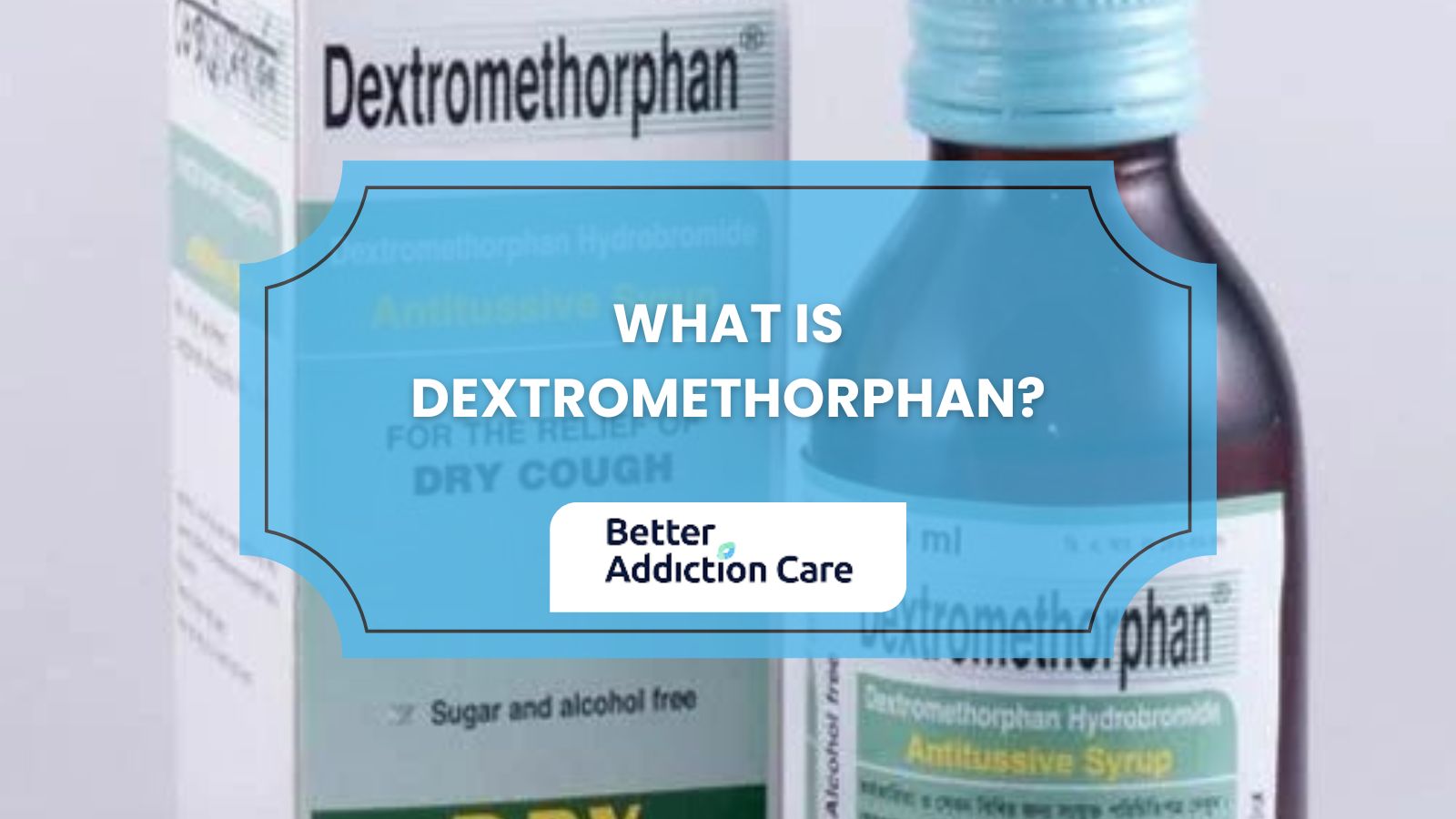Arkansas Community Correction - 6th Judicial Distric Drug Court Treatment

Overview
Arkansas Community Correction - 6th Judicial Distric Drug Court Treatment is a substance abuse treatment center for people seeking treatment near Pulaski County. As part of their treatment modalities for recovery, Arkansas Community Correction - 6th Judicial Distric Drug Court Treatment provides cognitive behavioral therapy, telemedicine/telehealth therapy, and substance use disorder counseling during treatment. Arkansas Community Correction - 6th Judicial Distric Drug Court Treatment is located in North Little Rock, Arkansas, accepting no payment accepted for treatment.
Arkansas Community Correction - 6th Judicial Distric Drug Court Treatment at a Glance
Payment Options
- No payment accepted
- Federal, or any government funding for substance use treatment programs
- Payment assistance (check with facility for details)
Assessments
- Screening for tobacco use
- Comprehensive substance use assessment
- Interim services for clients
- Screening for mental disorders
- Screening for substance use
Age Groups
- Young adults
- Adults
- Seniors
Ancillary Services
- Case management service
- Suicide prevention services
- Domestic violence services, including family or partner
- Social skills development
Highlights About Arkansas Community Correction - 6th Judicial Distric Drug Court Treatment
6.92/10
With an overall rating of 6.92/10, this facility has following balanced range of services. Alcohol Rehabilitation: 8.00/10, Drug Rehab and Detox: 6.00/10, Insurance and Payments: 6.00/10, Treatment Options: 7.70/10.-
Alcohol Rehabilitation 8.00
-
Treatment Options 7.70
-
Drug Rehab and Detox 6.00
-
Insurance and Payments 6.00
Treatment At Arkansas Community Correction - 6th Judicial Distric Drug Court Treatment
Treatment Conditions
- Alcoholism
- Substance use treatment
Care Levels
- Outpatient
- Regular outpatient treatment
- Aftercare
Treatment Modalities
- Cognitive behavioral therapy
- Telemedicine/telehealth therapy
- Substance use disorder counseling
- Smoking/vaping/tobacco cessation counseling
- Treatment for gambling disorder
Ancillary Services
Languages
- Sign language services for the deaf and hard of hearing
Additional Services
- Pharmacotherapies administered during treatment
- Housing services
- Drug or alcohol urine screening
Special Programs
- Clients with co-occurring mental and substance use disorders
- Criminal justice (other than DUI/DWI)/Forensic clients
- Clients who have experienced intimate partner violence, domestic violence
Contact Information
Read our Most Recent Article About Drug Addiction
DISCLAIMER: The facility name, logo and brand are the property and registered trademarks of Arkansas Community Correction - 6th Judicial Distric Drug Court Treatment, and are being used for identification and informational purposes only. Use of these names, logos and brands shall not imply endorsement. BetterAddictionCare.com is not affiliated with or sponsored by Arkansas Community Correction - 6th Judicial Distric Drug Court Treatment.








